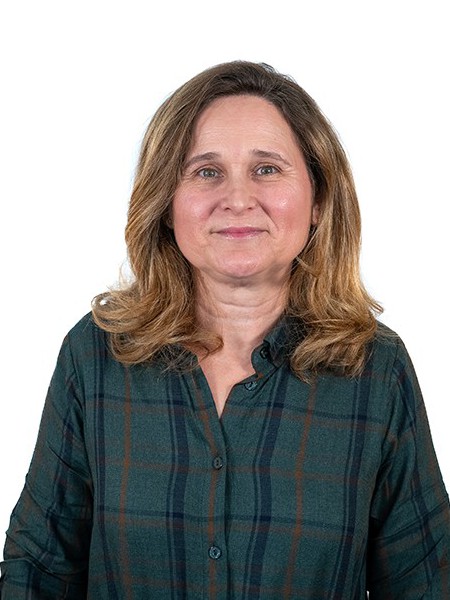abstract
This paper reports the development of novel green bio-composite mortars obtained by reusing mussel shells, a waste from the fish canning industry, as recycled aggregate, used for the first time in total substitution to the traditional sand. It suggests that this is a valid alternative to their usual disposal in landfills because the organic matter is potentially dangerous to humans and the environment. Different waste-based cementitious mixes were tested and compared to a traditional OPC mortar. The manufacturing process was performed at ambient conditions (20 degrees C, 65% RH) with highly sustainable results and consisted of simple operative steps reproducible in a real building site. The engineering performance was investigated to preliminarily assess the novel material potentials in construction. The main results showed that recycling mussel shells as aggregate while considerably decreasing the mechanical resistance (up to 60% in bending and 50% in compression), mixes could still find proper building applications (either structural, light partition, and plastering) according to the relevant standards. Moreover, the bulk density resulted up to 30% lower and the energy behavior was improved up to 40%, making the developed mortars highly suitable for promising energy-saving uses. Finally, the waste recycling about halves the materials cost and could also grant further financial saving for the fish industry. To conclude, the large amount of reused bio-waste not only represents a valid alternative to their usual disposal in landfills, but also makes the considered mortars suitable for building applications and promising candidates for the Minimum Environmental Criteria certification, in light of the EU Green Transition, and in line with the principles of the circular economy.
keywords
AGGREGATE
subject category
Science & Technology - Other Topics; Environmental Sciences & Ecology
authors
Leone, R; Cala, A; Capela, MN; Colajanni, S; Campisi, T; Saeli, M
our authors
Projects
CICECO - Aveiro Institute of Materials (UIDB/50011/2020)
CICECO - Aveiro Institute of Materials (UIDP/50011/2020)
Associated Laboratory CICECO-Aveiro Institute of Materials (LA/P/0006/2020)
acknowledgements
The Company S.A.C.O.M. srl, based in Messina (Italy), is thanked for furnishing the mussel shells. M.N. Capela wishes to thank the project CICECO-Aveiro Institute of Materials, UIDB/50011/2020, UIDP/50011/2020 & LA/P/0006/2020, financed by national funds through the FCT/MEC (PIDDAC). M. Saeli, T. Campisi, and S. Colajanni would like to acknowledge the project CUBATI-Culture du bati de qualite: Recherche, Innovation et Enterprise pour la Durabilite (CUPB75F21001940006), Scientific Coordinator M.L. Germana



